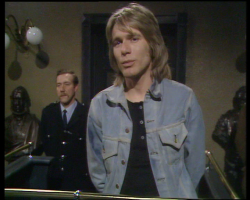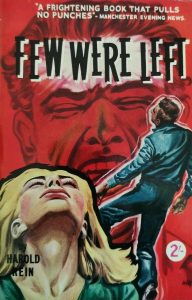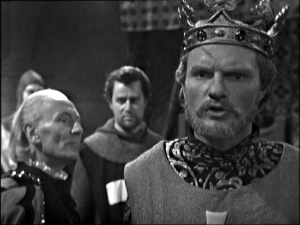by NIGEL SARRASSA-DYER
Twenty-six episodes. Writers: Keith Waterhouse, Willis Hall, Douglas Livingstone, Jack Trevor Story; Producer: Verity Lambert; Directors: Moira Armstrong, Alan Gibson, Michael Lindsay-Hogg, Mike Newell, Herbert Wise

Budgie, the story of small time Soho criminal Ronald ‘Budgie’ Bird, was produced by London Weekend Television and ran over two series, each of thirteen episodes, between 1971 and 1972.1 Both series explored the liminal world of pornography, police corruption, criminal scams, violence and petty crime, and Budgie’s place within it. While Budgie has come to be affectionately remembered as a cockney comedy-drama with a charming, irrepressible lead character set in 1970s Soho, and as a series which launched an ‘entire fashion craze’, and is indeed all of these things, it would do the series a huge disservice to ignore its other dimensions, in particular those concerned with gender and masculinity identity.2


